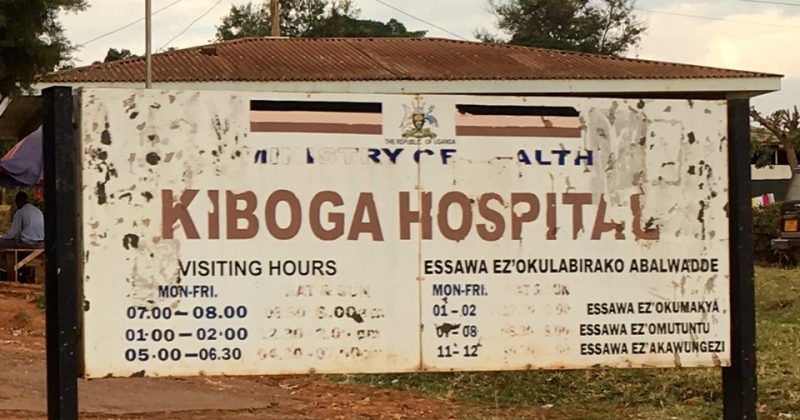Blandina Mmbaga
Faculty Profile: Blandina Mmbaga
Dr. Blandina Mmbaga is the Director of the Kilimanjaro Clinical Research Institute and a pediatrician at the Kilimanjaro Christian Medical Center (KCMC). She has collaborated with Duke University for over 10 years and currently serves as a site leader for the KCMC-Duke collaboration. Her work in reproductive health includes evaluating strategies to prevent mother-to-child-transmission of HIV and working to improve transitions of care and addressing RH needs for perinatally infected adolescents. We sat down with Dr. Blandina Mmbaga to talk about her work in Tanzania and what she believes are some of the biggest reproductive health challenges in her region.
What are the key reproductive health priorities for Tanzania?
Dr. Mmbaga described several systemic health challenges such as infant nutrition, maternal health, and unmet need for family planning. She feels that one of the biggest challenges, despite available treatment mechanisms, is the prevention of mother to child transmission of HIV. “It remains a challenge because there are still new infections”....


